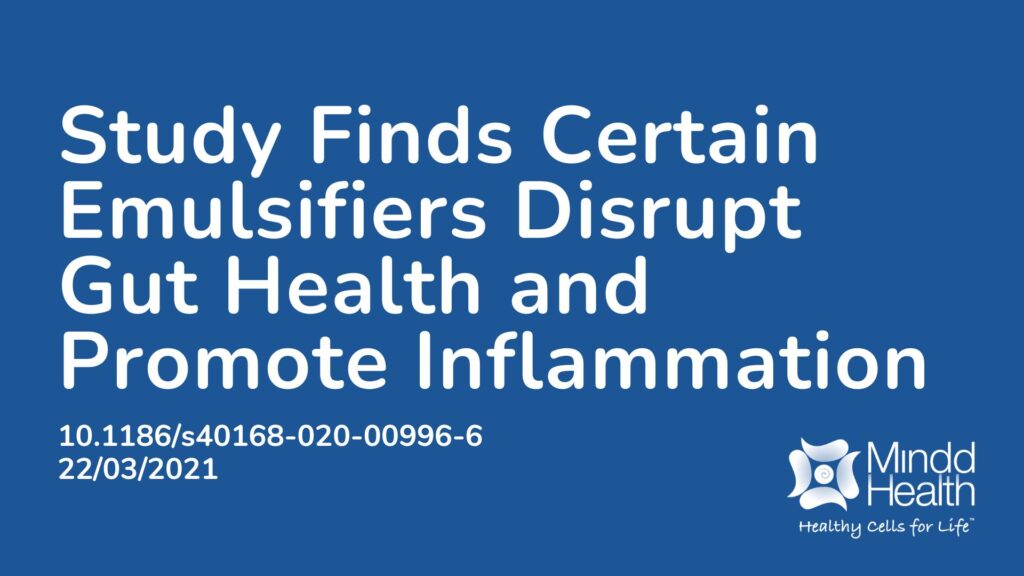Summary:
The gut microbiota, made up of various micro-organisms, plays a key role in metabolism, immunity, and preventing infections. However, an imbalance in this microbiota, known as dysbiosis, can contribute to chronic diseases like metabolic syndrome and inflammatory bowel disease. Certain food additives, particularly artificial sweeteners and emulsifiers, can disturb the microbiota, leading to chronic inflammation. Studies have shown that these additives, like carboxymethylcellulose and polysorbate 80, negatively affect the microbiota and may increase inflammation, prompting further research into their safety. To better understand the impact of food additives on gut health, this study tested 20 commonly used emulsifiers on human microbiota using a model called the MiniBioReactor Array. They measured changes in microbiota density, composition, gene expression, and the production of pro-inflammatory markers. The results showed that while some had little impact, others, like carrageenans and gums, caused significant changes in the microbiota, which could contribute to diseases like inflammatory bowel disease. These findings highlight the need for clinical trials and safer alternatives to harmful emulsifiers in food products.
Abstract:
Background: Epidemiologic evidence and animal studies implicate dietary emulsifiers in contributing to the increased prevalence of diseases associated with intestinal inflammation, including inflammatory bowel diseases and metabolic syndrome. Two synthetic emulsifiers in particular, carboxymethylcellulose and polysorbate 80, profoundly impact intestinal microbiota in a manner that promotes gut inflammation and associated disease states. In contrast, the extent to which other food additives with emulsifying properties might impact intestinal microbiota composition and function is not yet known. Methods: To help fill this knowledge gap, we examined here the extent to which a human microbiota, maintained ex vivo in the MiniBioReactor Array model, was impacted by 20 different commonly used dietary emulsifiers. Microbiota density, composition, gene expression, and pro-inflammatory potential (bioactive lipopolysaccharide and flagellin) were measured daily. Results: In accordance with previous studies, both carboxymethylcellulose and polysorbate 80 induced a lasting seemingly detrimental impact on microbiota composition and function. While many of the other 18 additives tested had impacts of similar extent, some, such as lecithin, did not significantly impact microbiota in this model. Particularly stark detrimental impacts were observed in response to various carrageenans and gums, which altered microbiota density, composition, and expression of pro-inflammatory molecules. Conclusions: These results indicate that numerous, but not all, commonly used emulsifiers can directly alter gut microbiota in a manner expected to promote intestinal inflammation. Moreover, these data suggest that clinical trials are needed to reduce the usage of the most detrimental compounds in favor of the use of emulsifying agents with no or low impact on the microbiota.
Article Publication Date: 22/03/2021
DOI: 10.1186/s40168-020-00996-6






